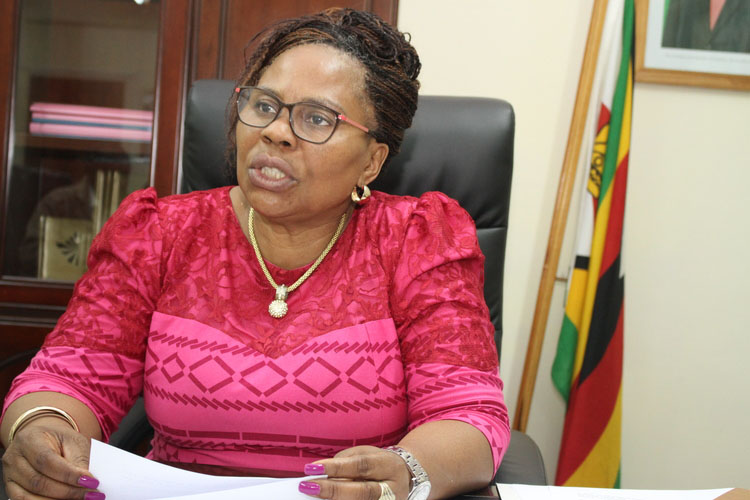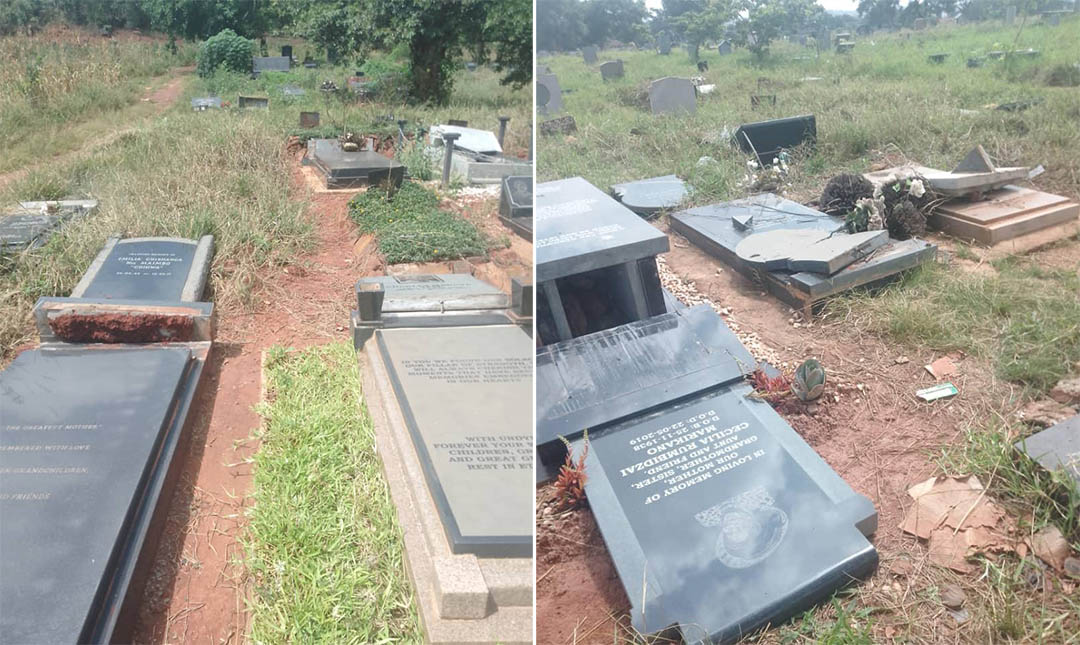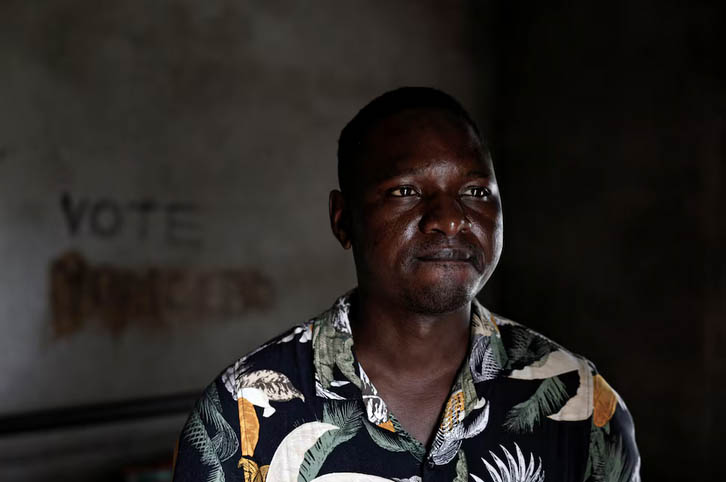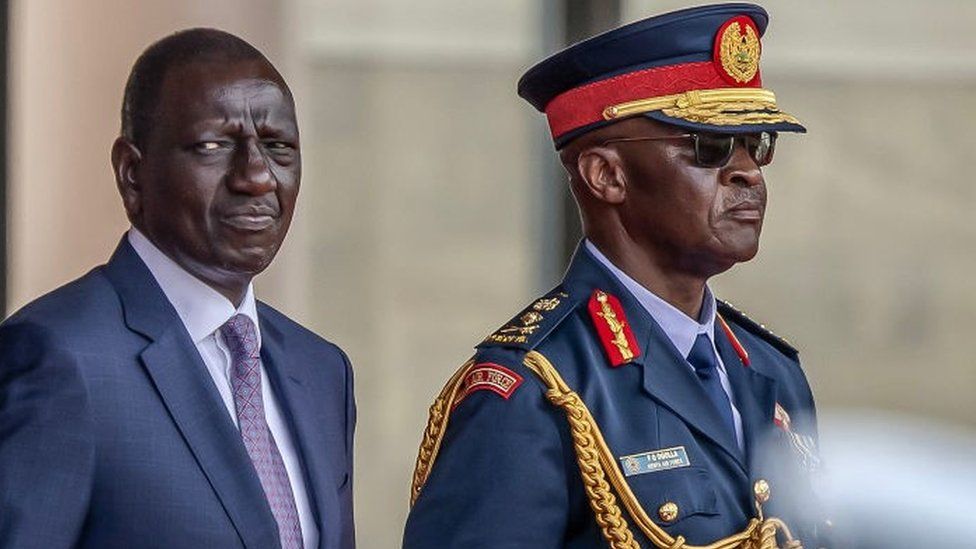HARARE – The government attempted to break a crippling teachers’ strike on Tuesday with a 40 percent wage increase, coupled with a 10 percent risk allowance.
Most of Zimbabwe’s 130,000 teachers have been on strike since September, demanding an equivalent of US$520 for the lowest paid.
All public sector workers starting at deputy director level and below will also benefit from the 40 percent wage increase which is with effect from November 1, Information Minister Monica Mutsvangwa told journalists during a post-Cabinet briefing.
“Noting its obligations to pay a decent wage, the government has reviewed upwards the salary increase offer to civil servants by 40 percent which will be awarded to deputy director grade and below,” Mutsvangwa said.
“In addition to the salary increase, teachers will also be awarded a 10 percent risk allowance. The new basic salary package for a teacher is $18,237 (US$223), which is above the Poverty Datum Line (PDL).
“This means that the compounded review percentage of the teacher grade salary is 1,284 percent since the beginning of the year.”
She said in the wake of the latest salary review, the lowest paid civil servant will receive a salary of Z$14,528.
The Progressive Teachers’ Union of Zimbabwe accused the government of making unilateral decisions which made it difficult for them to make forward communication with teachers.
“The problem with unilateral awards like that offered by the government is that we don’t know how much is the basic salary, and how much are the allowances,” the union said in a statement.
“The government should talk to teachers and not play hide and seek, making the false claim that Z$18,000 is above the PDL. They should pay up and we will return to work.”
Teachers walked out in September, claiming “incapacitation” as their salaries were too low to cover their daily expenses including food and transport.
The government ordered a staggered re-opening of schools, with the final group returning early this week – but pupils have been turned back or forced to stay in school with no learning going on.















